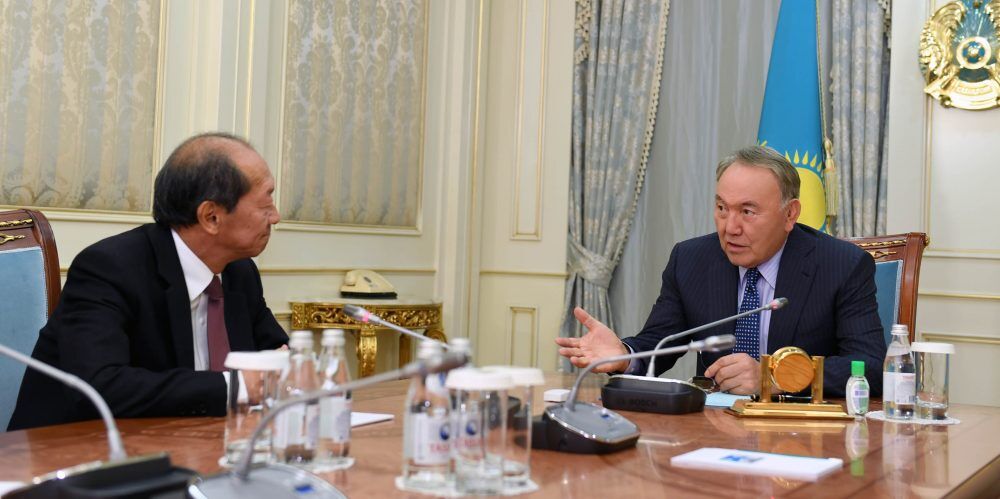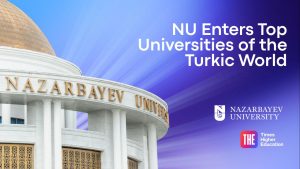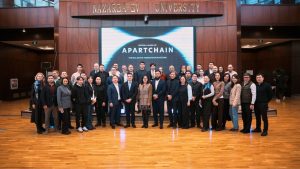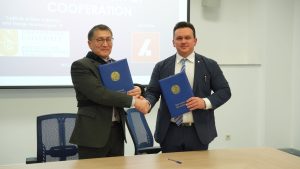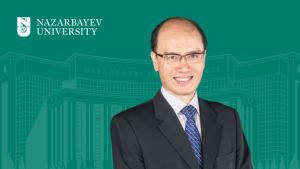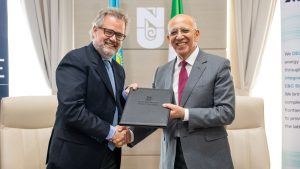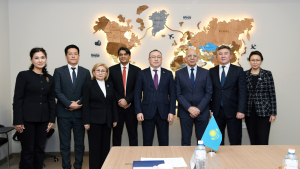During the meeting, the Head of State emphasized the need in creating conditions for further development of Kazakhstan’s science and supporting of young scientists in particular, according to akorda.kz.
– NU became known throughout the world. Under your leadership, more than 1,000 students graduated from the University. We have achieved a lot. However, it is necessary to think through further ways of supporting young talents, said the President of Kazakhstan.
Nursultan Nazarbayev also noted that on the basis of the EXPO-2017 infrastructure, there are wide opportunities for young scientists to develop and implement various start-up projects, especially in the field of IT technologies and the development of the green economy.
In turn, Mr. Shigeo Katsu expressed his gratitude to the President of Kazakhstan for the opportunity to discuss the prospects for the development of NU and the scientific potential of the country as a whole.
